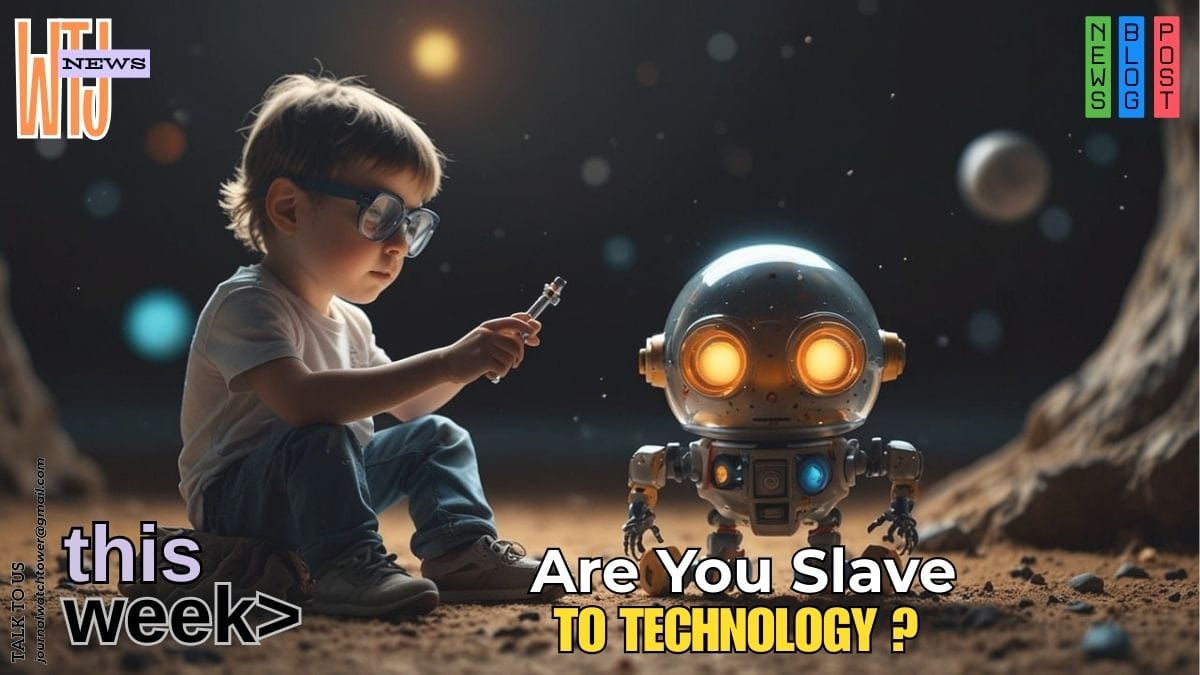The rapid advancement of technology has undeniably transformed industries, improved efficiencies, and connected the world like never before. However, with this revolution has come a darker side: corporations using technology not just to innovate but to control, monopolize, and exploit consumers. From John Deere’s repair restrictions to digital rights management (DRM) locking e-books, the modern tech landscape increasingly traps users in cycles of dependence, stripping them of their property rights, financial freedom, and autonomy.
The Trap of Proprietary Technology
Take John Deere, for instance. Farmers, the backbone of food production, face relentless challenges from weather, market fluctuations, and now, their own equipment. Modern tractors are equipped with sophisticated software that’s crucial for diagnostics and repairs. However, John Deere locks this software, preventing farmers from fixing their own machinery. Instead, they must rely on authorized dealers, often at exorbitant costs and crippling delays. This repair monopoly siphons billions from farmers annually, adding stress to an already high-stakes profession.
This isn’t an isolated issue. Companies across industries employ similar tactics:
- Apple: Proprietary screws, glued-in batteries, and software locks make repairs nearly impossible without going through Apple’s costly service centers.
- Automotive: Car manufacturers like BMW restrict diagnostic software access, forcing customers to use authorized dealers for simple repairs like oil changes.
- Digital Products: Amazon’s e-books are sold as “licenses,” not property, restricting users from sharing, reselling, or even reading them on non-Amazon devices.
These practices create a system where consumers no longer own what they buy. Instead, they pay for temporary access to products that can be taken away or restricted at the manufacturer’s whim.
The Hidden Costs of Repair Monopolies
The financial burden is just one side of the problem. The societal costs are equally alarming:
- Erosion of Property Rights: When you can’t fix your tractor, car, or phone without corporate permission, do you truly own it? This extends to almost every “smart” device, from appliances to vehicles.
- Economic Monopolization: Independent repair shops, often offering affordable services, are being driven out of business. This reduces competition and allows corporations to dictate repair prices.
- Environmental Impact: Repair restrictions lead to increased e-waste, as consumers replace unrepairable products rather than fixing them.
- Human Stress and Health Risks: Farmers unable to repair machinery during critical harvest periods face immense financial loss, compounding stress levels in already high-pressure jobs.
Breaking Free: How to Reclaim Technology
While the challenges seem overwhelming, there are actionable steps we can take to benefit from modern technology without becoming enslaved by it:
- Support Right-to-Repair Legislation: Advocate for laws like the Freedom to Repair Act, which aim to break repair monopolies by ensuring consumers can access tools and software for their devices.
- Buy Repair-Friendly Products: Choose brands and devices that allow easy repair and maintenance. Websites like iFixit rate products based on repairability.
- Demand Open Standards: Push companies to adopt open-source software and standardized parts, ensuring compatibility and easier repairs.
- Opt for Local and Independent Services: Whenever possible, support independent repair shops to keep competition alive.
- Educate Yourself: Learn basic repair skills. Many online tutorials and communities offer guidance for fixing common devices.
- Raise Awareness: Share stories like those of farmers, mechanics, and repair advocates to highlight the issue and mobilize public support.
Embracing Technology Without Losing Control
Technology should empower, not enslave. As consumers, we must demand transparency, fairness, and autonomy from companies profiting off innovation. By supporting right-to-repair movements, making informed purchases, and holding corporations accountable, we can harness the benefits of modern technology without surrendering our freedom to its creators.
The tools we own should serve us—not the other way around. It’s time to reclaim our rights in the digital age.
The Growing Problem: Corporate Control Over Technology
Many companies have shifted from selling products outright to licensing them, fundamentally altering the concept of ownership. Consumers no longer “own” the devices they purchase but are merely granted limited permission to use them. This strategy, called “licensing agreements,” allows corporations to retain control over the products and dictate how, when, and by whom they can be repaired or modified.
How Misuse of Technology Impacts Consumers
- Economic Exploitation
Corporations increasingly generate more profits from repairs than from product sales. For instance:- Apple and John Deere make 5x more profit from repair services than from selling new devices or equipment.
- Repair monopolies have caused auto repair costs to rise by 70% in the past decade.
- Loss of Rights and Freedom
- Erosion of Ownership: Licensing agreements bypass the First Sale Doctrine, which traditionally protected consumer rights over purchased goods.
- Inability to Repair: Farmers, car owners, and even hospitals face delays in repairing essential equipment due to monopolistic practices.
- Environmental Consequences
- Lack of repairability leads to more electronic waste, which contributes to environmental degradation.
- The World Economic Forum estimates that 50 million tons of e-waste are generated annually, with less than 20% being recycled.
- Mental Health Strain
- In high-stakes professions like farming, delayed repairs can lead to significant financial losses, contributing to stress. Farmers have the highest suicide rates among all professions in the U.S., and equipment breakdowns add to their burden.
Technology’s Role in Enslaving People
Corporations have created a dependency on their products and services. Examples include:
- Subscription-Based Models: Printers, toothbrushes, and even vehicles now require subscriptions for basic functionalities.
- Digital Rights Management (DRM): Restrictions on digital goods prevent sharing, reselling, or modifying, even for personal use.
- Forced Upgrades: Companies cease support for older products, compelling consumers to buy new models prematurely.
The Way Out: How to Leverage Technology Without Becoming a Slave
- Support the Right to Repair Movement
- Advocate for laws like the Freedom to Repair Act, which aims to amend the DMCA and allow consumers and third parties to repair devices without facing legal consequences.
- Recent successes include FTC actions against Harley Davidson and John Deere, forcing them to ease repair restrictions.
- Choose Open-Source and Repair-Friendly Products
- Opt for brands that prioritize repairability, such as Fairphone for smartphones or iFixit-approved manufacturers.
- Support companies that release repair manuals and sell spare parts directly to consumers.
- Enforce Antitrust Laws
- Governments must use existing laws like the Sherman Act to break up repair monopolies and encourage competition.
- FTC investigations have already led to significant changes in the appliance and automobile industries.
- Educate and Empower Consumers
- Public awareness campaigns can teach people about their rights and encourage ethical consumption.
- DIY repair workshops and online resources like YouTube tutorials empower consumers to fix products themselves.
- Push for Universal Standards
- Advocacy for universal software and hardware standards can eliminate proprietary locks and promote interoperability.
Conclusion
While technology offers numerous benefits, its misuse by corporations erodes consumer rights, inflates costs, and fosters a culture of dependency. By advocating for systemic changes, supporting the right-to-repair movement, and making informed purchasing decisions, individuals can reclaim control over their technology and prevent exploitation. Let us embrace innovation responsibly, ensuring it serves humanity rather than enslaves it.
What are your thoughts on the right-to-repair movement? Share your experiences or ideas in the comments below. Let’s spark a conversation about reclaiming our technological freedom.




